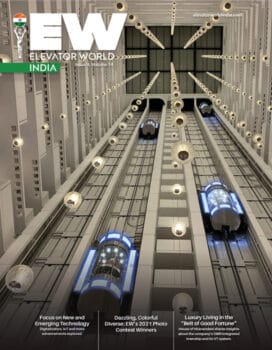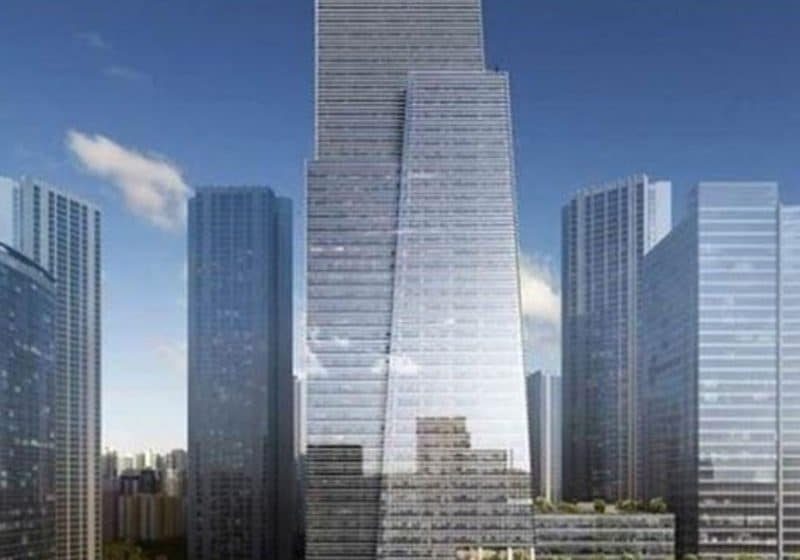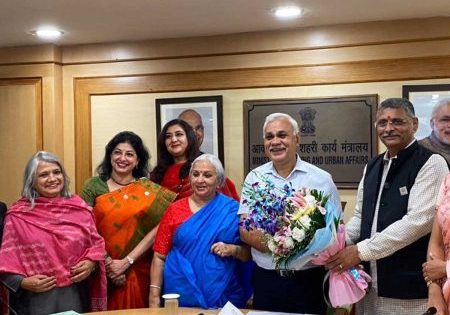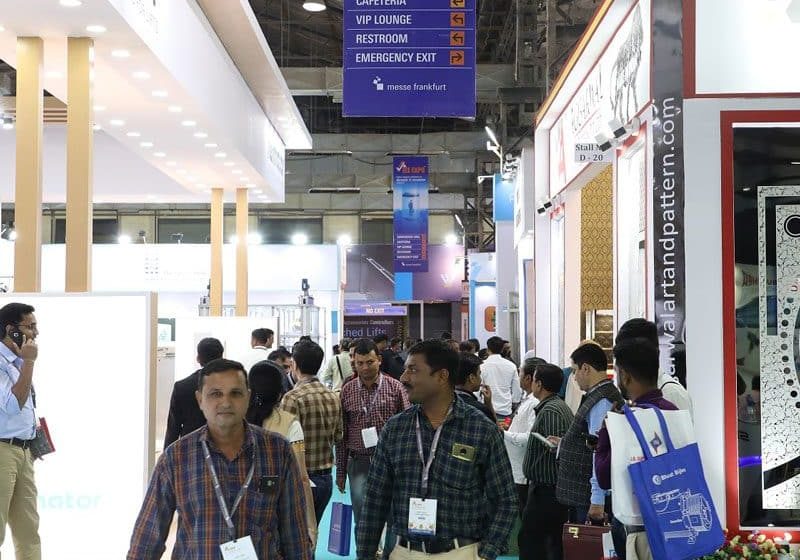Your author studies change in the Indian real estate market and shares projections for the future.
Reports suggest that the third wave of COVID-19 is set to hit India in the last quarter of 2021. The Indian real estate market has seen a sudden spike after the second wave, with sales in June 2021 accounting for around half of all sales in the second quarter of 2021. With the rising demand for second homes and residential properties, following are some insights on the various segments of Indian real estate before the approaching third wave.
Residential Versus Commercial
There is an increased demand for bigger and more spacious residential properties of the “ready-to-move-in” variety. As learned from the first lockdown, buyers are keen to upgrade their lifestyle and make their homes a safe space in which they can both live and work. Thus, a good absorption rate is seen in the residential real estate segment. On the other hand, commercial real estate has seen a decline with little to no influx of rent, and with tenants renegotiating or even backing out of their agreements. The work-from-home (WFH) model has caused a change in the need for office space, with employees being hesitant to work in close proximity to one another.
Commercial real estate has seen plans to operate under hybrid models to increase transactions. We expect to see a slow trickle of employees coming in on a roster system to fully managed work spaces.
Second Homes
The new WFH concept has been quickly embraced by millennials. Developers have taken advantage of this opportunity and launched projects in Goa, Mahabalipuram, Nainital and Kodaikanal, among other places. The popularity of these spots increased as employees preferred to work away from the hustle and bustle of the metros. Young parents are also investing in homes in remote areas, as they can get a bigger and more spacious house for the same price of a standard two or three BHK close to their first homes. Living and working from a remote location in a Tier II or III city means saving money while still spending quality time with your family in a vacation setting.
Senior Living
Many now prefer to have their senior parents living close to them, while also having their own space. Non-resident Indians (NRIs) who are unable to make it into the country due to a scarcity of flights, young professionals who have moved to Tier I cities for their jobs and other people who have moved out of their native places for various reasons are among them. Senior citizens themselves have become more open to the concept of assisted living. With daily socialization and readily available facilities such as food and medical help, assisted living has found more acceptance as a “hassle-free aging experience,” especially during the pandemic.
Resale and Pricing
Macro-economic factors have led to the pricing of real estate properties going down after the first wave and staying the same after the second. Faced with the loss of loved ones, as well as financial loss, some clients are unable to make decisions concerning real estate. Developers have also reached a threshold and are now trying to maintain prices by offering freebies such as car parks, removal of preferential location charges (PLCs) and apartment furnishings. Some developers in metros are now giving vouchers, such as a Rs50-lakh voucher that can be used for interior decoration once the sale is made. Similarly, the industry is seeing a surge of benefits without compromising the price.
When it comes to resale, there is a good demand for independent bungalows or plots in all metro cities. The sector is frequently seeing high-ticket transactions (estimated at Rs4,000 crore), such as D-Marts and farmhouses.
The real estate sector in India is undergoing a vital transformation that will make it one of the biggest contributors to the GDP in a short time. Its ups and downs will only serve to propel it forward. We have exciting things to look forward to for the sector, and the pandemic’s likely third wave is but a small challenge that we will overcome.
Get more of Elevator World. Sign up for our free e-newsletter.






